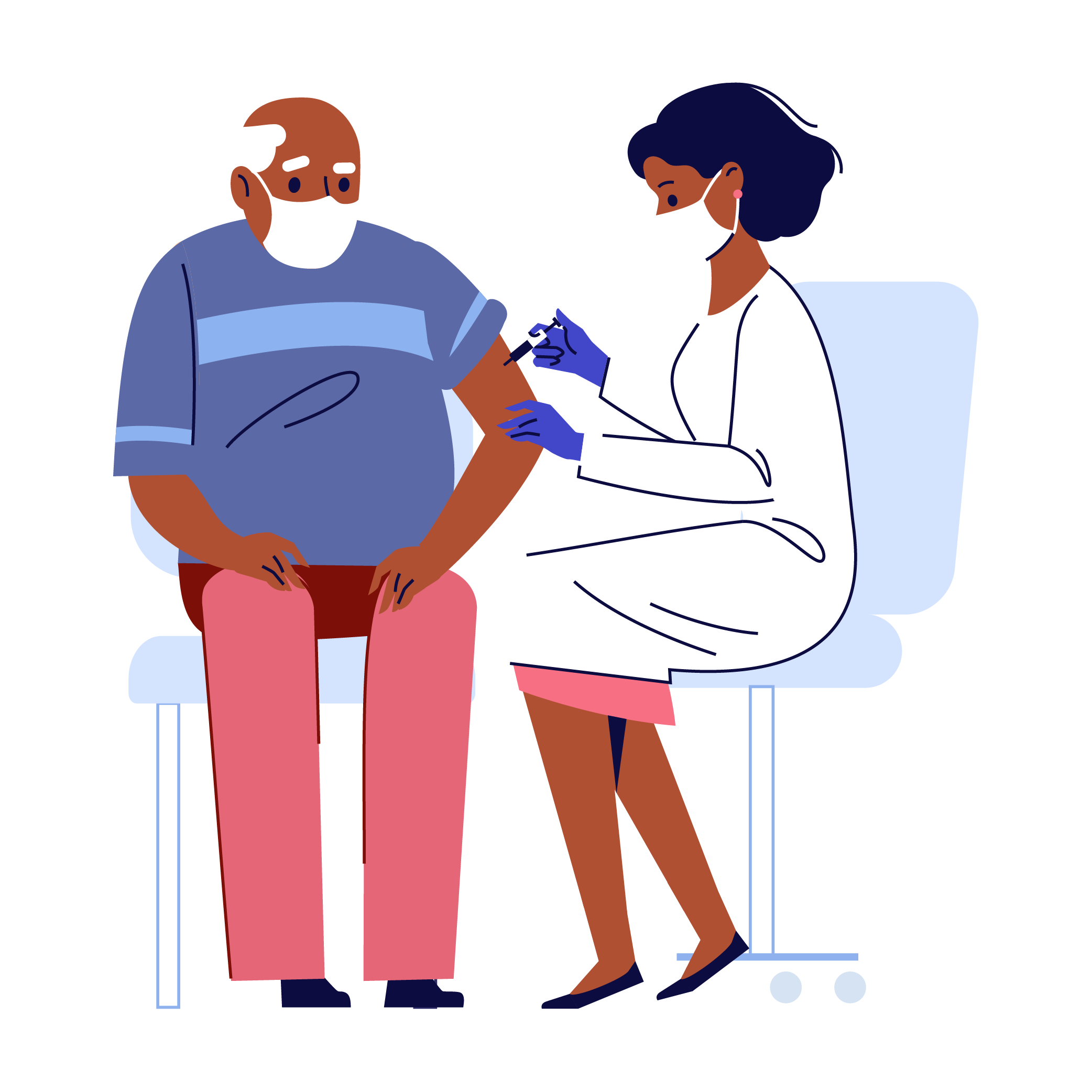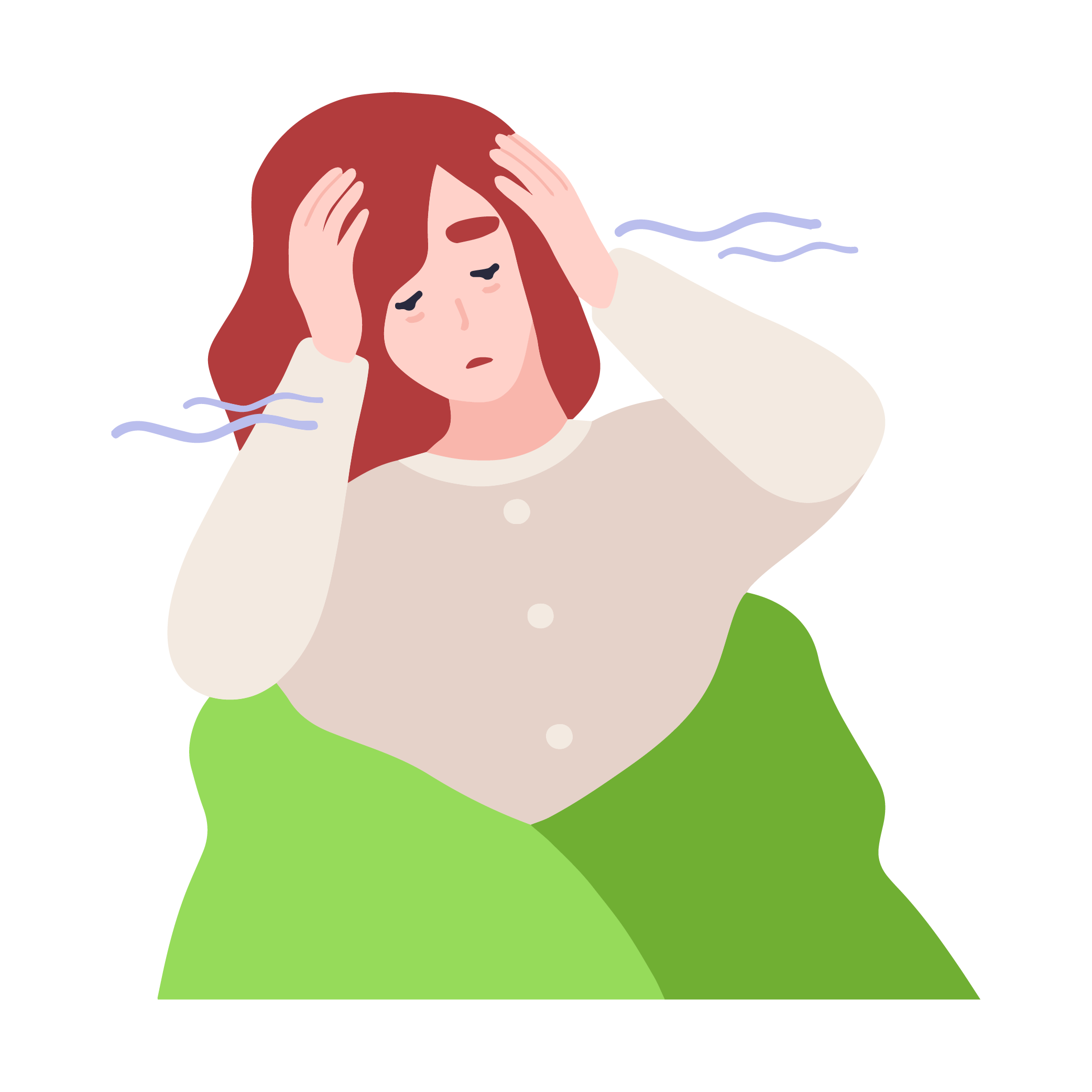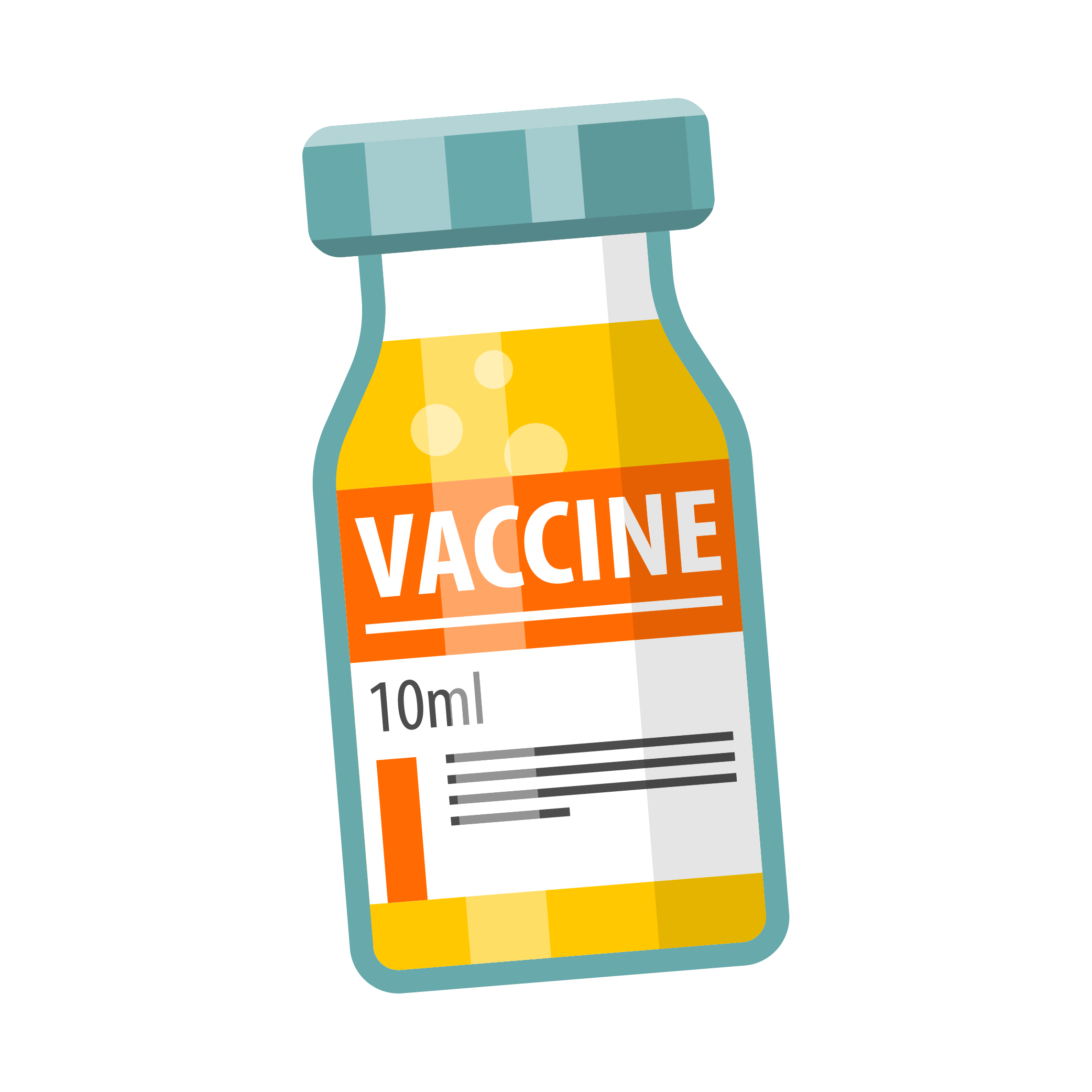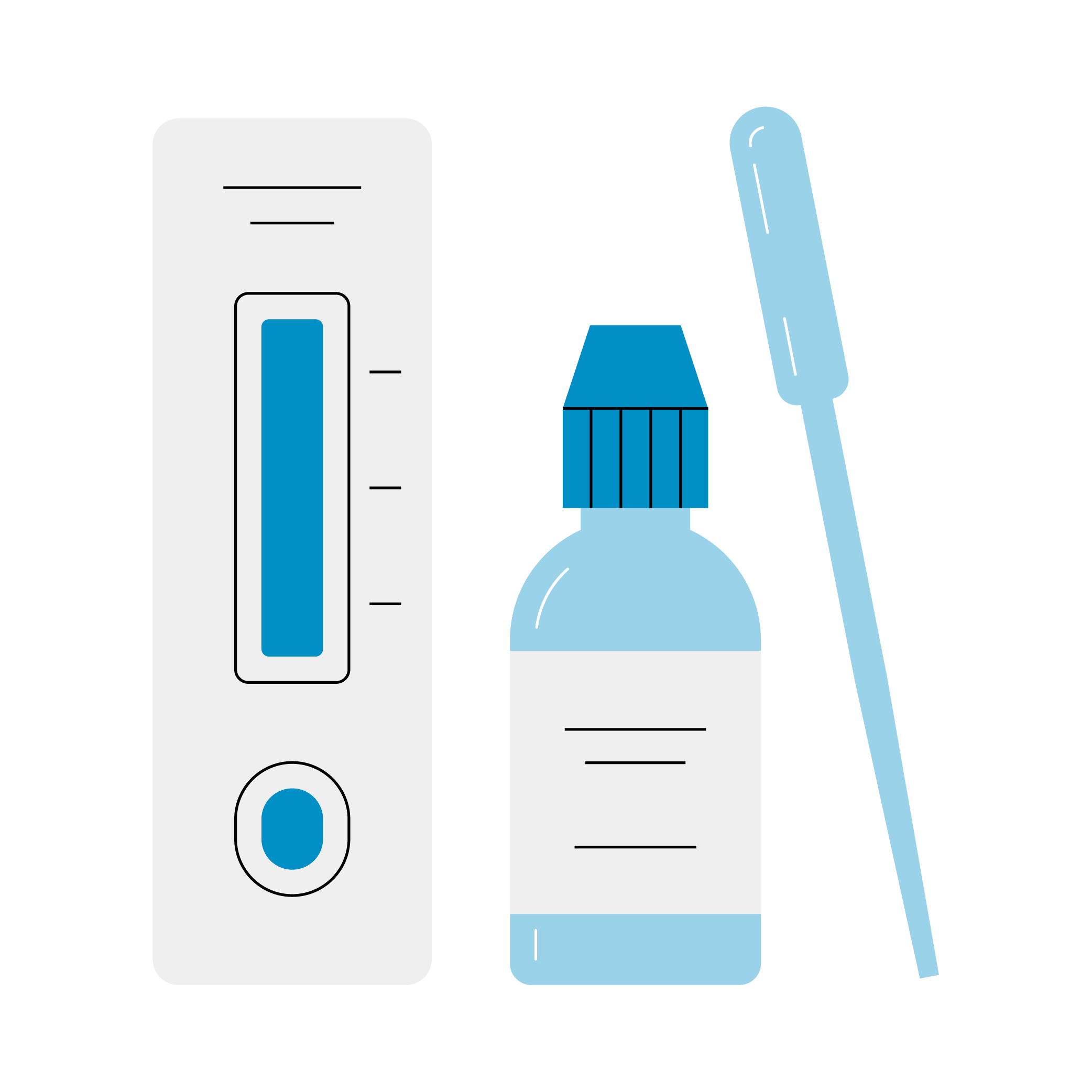On January 5, 2026, U.S. Department of Health and Human Services released a memo stating that the CDC's recommendations on childhood vaccines will be updated to align more closely with those of other high-income countries. The CDC will now routinely recommend vaccines for 11 diseases rather than 17, and the remaining vaccines are now recommended under “shared clinical decision making.” The Los Angeles County Department of Public Health reaffirms that Los Angeles County is following existing California Department of Public Health (CDPH) vaccination guidelines for children that align with recommendations from the American Academy of Pediatrics. There are no modifications to immunization schedules or vaccine availability for people living in Los Angeles County, at this time. There is no change in vaccine financing or availability through the Vaccine for Children's Program. For more information, please see our press release or refer to our webpage.
November 21, 2025: The Los Angeles County Department of Public Health is aware of recent changes to the CDC’s “Autism and Vaccines” webpage. The updated statement, “Scientific studies have not ruled out the possibility that infant vaccines contribute to the development of autism,” may give people the impression that there is meaningful scientific uncertainty on this topic. There is no new evidence to support those claims and the statement is not accurate. Here’s why.
For more than 25 years, researchers around the world have rigorously examined whether vaccines cause autism. Over 40 high-quality studies involving more than 5.6 million children have found no link between any routine childhood vaccine and autism. This conclusion is supported by leading health authorities, including the American Academy of Pediatrics, the California Department of Public Health, the World Health Organization, and leading research institutions.
The increase in autism diagnoses reflects improved screening, broader diagnostic criteria, and greater awareness, not a link to vaccines. The spread of this harmful myth stigmatizes members of the autism community and their families. For more information visit the American Academy of Pediatrics's website.
We understand how confusing misleading statements can be, especially for parents making decisions about their children’s health. We encourage families to talk with their child’s healthcare provider and rely on trusted, evidence-based sources such as the American Academy of Pediatrics and the California Department of Public Health.
Vaccines remain safe, effective, and a vital tool for protecting children’s health. Parents should continue following the recommended vaccine schedule and consult their child’s healthcare provider with any questions.
Public Health is committed to providing clear, transparent, and science-based guidance and access to vaccines that protect families, support community health, and save lives.

Infants, children, adolescents, teens and adults need different vaccinations, depending on their age, location, job, lifestyle, travel schedule, health conditions or previous vaccinations. Click on the diseases below to learn more:


As we get older, our bodies become less effective at protecting us from illnesses. People who are 65 years old and older are at a higher risk of getting very sick from diseases like Flu, COVID-19, pneumonia, and others. But there's a way to stay protected: vaccines!
Vaccines provide a safe, effective and easy way to protect older people from preventable diseases that can lead to hospitalization and even death. For maximum protection, make sure you stay up to date on your vaccines. Recommended vaccines are based on your age and health condition or history and may be required for your job or travel. If you don’t know which vaccines you’ve had or which ones you still need, ask your provider.
Adults 65 years old and older should get the following vaccines:

For more information, the Public Health InfoLine is open 8 a.m. to 8 p.m. seven days a week at 1-833-540-0473.


Hepatitis B Vaccine:
Hepatitis B Vaccine:
RSV Immunization (Nirsevimab or Clesrovimab):
Your baby will also receive antibiotic eye drops, a Vitamin K injection and a simple blood test for newborn screening.

For more information, the Public Health InfoLine is open 8 a.m. to 8 p.m. seven days a week at 1-833-540-0473.


For TK/K through 12th grade:

For more information, the Public Health InfoLine is open 8 a.m. to 8 p.m. seven days a week at 1-833-540-0473.

Vaccinations are a safe, effective and easy way to protect yourself against preventable diseases and are especially important for people with chronic diseases. However, depending on how affected your immune system is, you may need to avoid certain vaccines or wait until your immune system is stronger.
Ask your health care provider which vaccines you should get.
Talk to your health care provider to learn what vaccines are recommended for you and your family members. Here’s a few of the most common ones:

For more information, the Public Health InfoLine is open 8 a.m. to 8 p.m. seven days a week at 1-833-540-0473.



For more information, the Public Health InfoLine is open 8 a.m. to 8 p.m. seven days a week at 1-833-540-0473.

Vaccines are recommended at different stages throughout your child’s life, carefully timed to protect children when they are most vulnerable to diseases and when the vaccine will produce the strongest response from the child’s immune system.
All recommended vaccines have been carefully studied and safely prevent diseases, like measles, mumps and chickenpox. They have been thoroughly tested to make sure they provide your child with more protection than if they were unvaccinated.
For maximum protection, infants and toddlers should stay up to date on all their vaccines. This is especially important during fall and winter, when children typically spend more time together indoors, increasing the risk of spreading respiratory illnesses, such as flu, COVID-19and RSV (respiratory syncytial virus).
These vaccines are recommended for infants and toddlers, administered between birth and six years old, to protect from 15 potentially deadly infectious diseases:

For more information, the Public Health InfoLine is open 8 a.m. to 8 p.m. seven days a week at 1-833-540-0473.

FALSE: Vaccines Cause Autism
TRUTH: There is no scientific proof that vaccines cause autism. This false belief began with a flawed study published in 1998, which was later withdrawn due to serious errors and ethical issues. Since then, many extensive research studies involving millions of children worldwide have found no link between vaccines and autism.
FALSE: Natural Immunity is Better than Vaccine-Provided Immunity
TRUTH: Catching a disease can sometimes give you immunity, but it's inconsistent and can come with severe health risks. For example, catching chickenpox can make you immune for life, but it could also lead to serious complications like skin infections or pneumonia. Vaccines, on the other hand, provide similar protection without the risk of getting seriously ill.

FALSE: Vaccines Contain Harmful Ingredients
TRUTH: Vaccines contain ingredients needed to keep them effective and safe. Some components might sound scary, like formaldehyde and mercury. However, the amount of formaldehyde in a vaccine is very small – in fact, it’s significantly lower than the amount your body produces naturally each day. Most vaccines don't have any mercury and thimerosal, a form of mercury, was removed from all childhood vaccines in 2001. When it is used, mercury helps prevent bacteria and fungal growth in multi-dose vaccines. Plus, vaccines are continually tested and monitored for safety by scientists and health professionals.
FALSE: Vaccines Can Give You the Disease They're Designed to Prevent
TRUTH: Most vaccines contain pieces of the virus or bacteria that can't make you sick. Some vaccines do have weakened or “live” viruses, but they're too weak to cause the actual disease. Instead, they teach your immune system how to resist the real thing if it ever shows up.
FALSE: Vaccines Weaken Your Immune System
TRUTH: Vaccines actually train your immune system to be stronger. By introducing a harmless version of a virus or bacteria, your immune system learns how to protect against it. That way, if you ever come across the real thing, your body knows what to do.
FALSE: I Don't Need Vaccines Because Herd Immunity Will Protect Me
TRUTH: Herd immunity works only when a large majority of people are vaccinated, protecting those who can't be, like newborns or people with certain health conditions. If too many people opt out of vaccination, herd immunity fails, leaving everyone, including the most vulnerable, at risk.
FALSE: Vaccines Have Microchips That Track People
TRUTH: There are absolutely no microchips or tracking devices in vaccines. This myth might have started from misunderstandings about digital health records, which are electronic versions of patient medical charts that are maintained by health care providers and have nothing to do with tracking individuals.
FALSE: You Don't Need to Vaccinate Against Diseases We've Already Defeated
TRUTH: While some diseases are rare now thanks to vaccines, they're not completely gone. If we stop vaccinating, these diseases can come back and fast. That's why we still need vaccines - to keep diseases away and protect our communities.

FALSE: COVID-19 vaccines were developed too quickly to be safe.
TRUTH: Despite the speedy development, no steps were missed in the safety and approval process for the COVID-19 vaccines. This tremendous achievement was possible due to global cooperation, increased funding and scientific methods that have been in use for decades. Safety has always been and will continue to be the top priority. Scientists and health professionals worldwide are working tirelessly to ensure that the COVID-19 vaccines remain safe and effective for everyone.

FALSE: Vaccines cause severe side effects.
TRUTH: Billions of people around the world have received the COVID-19 vaccine. Most people experience only mild symptoms, like a sore arm or feeling a bit under the weather for a day or two. Serious side effects have been extremely rare. In fact, the chance of severe side effects is much lower than the risk of severe illness from COVID-19 itself. The benefits of being vaccinated — preventing severe illness, hospitalization and death — greatly outweigh these small risks.
FALSE: I'm in good health and don't get sick often, so I don't need the COVID-19 vaccine.
TRUTH: Even healthy people can get very sick with COVID-19. Plus, if you test positive or have symptoms, you could have to miss work, school, family gatherings or social events.
FALSE: I’ve had COVID-19, so I won’t benefit from vaccination.
TRUTH: A COVID-19 vaccine remains the best protection against getting COVID-19, whether you’ve had COVID-19 already or not. Studies have shown that immunity from prior infection wanes over time and that vaccines provide more protection from severe illness, long COVID and death than natural immunity.
FALSE: I’ve already had the early COVID-19 vaccines, I don’t need the latest one.
TRUTH: Like all viruses, COVID-19 can change a little bit every time it spreads to a new person. These changes can lead to a new version or “variant” of the virus. If the variant is very different from the original virus, the vaccine may need to be updated. Studies have shown that immunity from COVID-19 vaccination wanes over time. The updated vaccines will restore immune protection against severe illness. For the maximum protection against COVID-19, you should stay up to date on recommended vaccines.

FALSE: The COVID-19 vaccine can impact fertility or puberty.
TRUTH: There have been no reports of infertility from the vaccine among thousands of people who participated in clinical trials. In fact, many vaccine recipients have effectively conceived. Nor is there evidence of delayed puberty in children after receiving the COVID-19 or any other vaccine.
FALSE: The COVID-19 vaccine will change my DNA.
TRUTH: Messenger RNA (mRNA) vaccines do not change DNA. The mRNA in the COVID-19 vaccine cannot enter the nucleus of the cell, where DNA lives. The mRNA helps activate an immune response to COVID-19, and then your cells break down the mRNA to get rid of it without affecting other systems in the body.

Page Last Updated: 2/3/2026